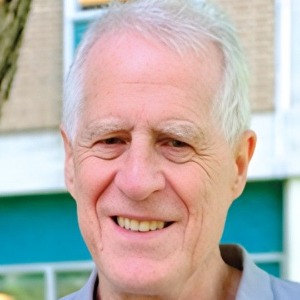Title : Biosensor-based detection of cancer biomarkers
Abstract:
Biosensor technology represents an attractive strategy for the detection and monitoring of biomarkers for disease states within the context of precision medicine. This approach offers the possibility for biomarker assay via incorporation into an automated robotic system to process and test patient samples. Such a technology would require device reversible signalling or flow-through cleaning, appropriate sensitivity and, critically, the capability of operation in a biological fluid.
In the present paper we discuss the application of biosensor technology for the early-stage detection of ovarian cancer. This disease results in some 150,000 deaths worldwide of nearly 300,000 new cases each year. Unfortunately, only 20 % of patients are diagnosed at the early stages (I and II) of the disease when treatment is most effective, leading to a 5- year relative survival rate of only 20 %. Early diagnosis of OC improves survival rate to 93 %; however, there is a lack of early diagnose due to few specific symptoms being observed, and the absence of reliable, cost-effective mass screening techniques. Several biomarkers have been identified for OC, of which cancer antigen-125 (CA125) is the only one currently clinically approved.
In our research, we are working on the development of seniors for the multiplexed assay of markers for OC. Lysophosphatidic acid (LPA) is a distinctly attractive potential biomarker with high sensitivity (98 %) and specificity. The normal level of LPA in the body is 0–5 μM, but increases to 5–50 μM in OC, even in stage I. In our research, we are employing three different biosensor-based strategies for LPA detection in tandem with that for CA-125. These techniques include an ultra-high frequency acoustic wave device, a chemiluminescence-based iron oxide nanoparticle (IONP) approach and electrochemical detection based on both square wave and differential pulse voltammetry. For assay of LPA all these methods incorporate the protein complex gelsolin-actin, which enables testing for detection of the biomarker binding to the complex results in separation of gelsolin from actin. In proof of concept experiments, each of the approaches is capable of the detection of LPA at the sub micromole level. In addition to the work with LPA we are developing an electrochemical system for the tandem assay of CA-125 which is based on an aptamer probe for the marker.



